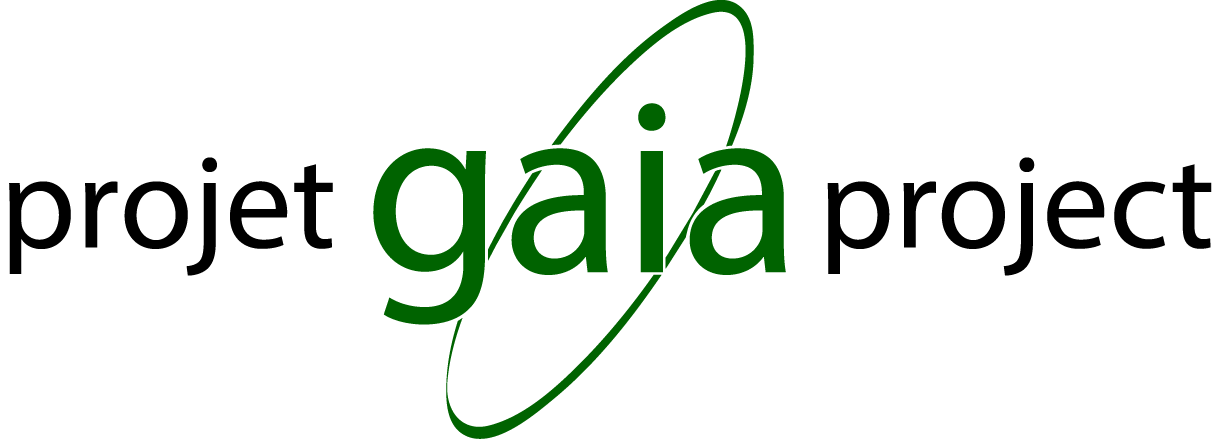
The Gaia Project believes that students learn best when engaged in doing. They call this Project-Based Learning, where students are empowered to find a creative solution to a problem that has very little in the way of constraints. The Gaia Project wants students to be the ones setting goals, and subsequently finding, recommending and implementing solutions within their schools, with the teacher acting as a facilitator in this process. The Gaia Project also believes in what they call Realistic Environmentalism – being solution-focused, and recognizing that not everybody wants to or can live a lifestyle with minimal impact. We need to present solutions that work from a technological, social, environmental and economic perspective in order to achieve this. With this in mind, all of the Gaia projects aim to incorporate three key principles symbolizing their focus on realistic environmentalism and project based learning: Data-Informed Decisions – they want students to be able to explain why, and quantify the effect of each decision they made along the way to their final solution; Economic Assessments – students are expected to be able to assess the cost effectiveness of their solutions, and be able to optimize their projects with limited budgets; Environmental Impact and Lifecycle Assessments – students need to take a holistic view to their projects by looking at the whole life cycle of their projects.
Follow them on Facebook and Instagram!
Author/Origin:The Gaia Project
